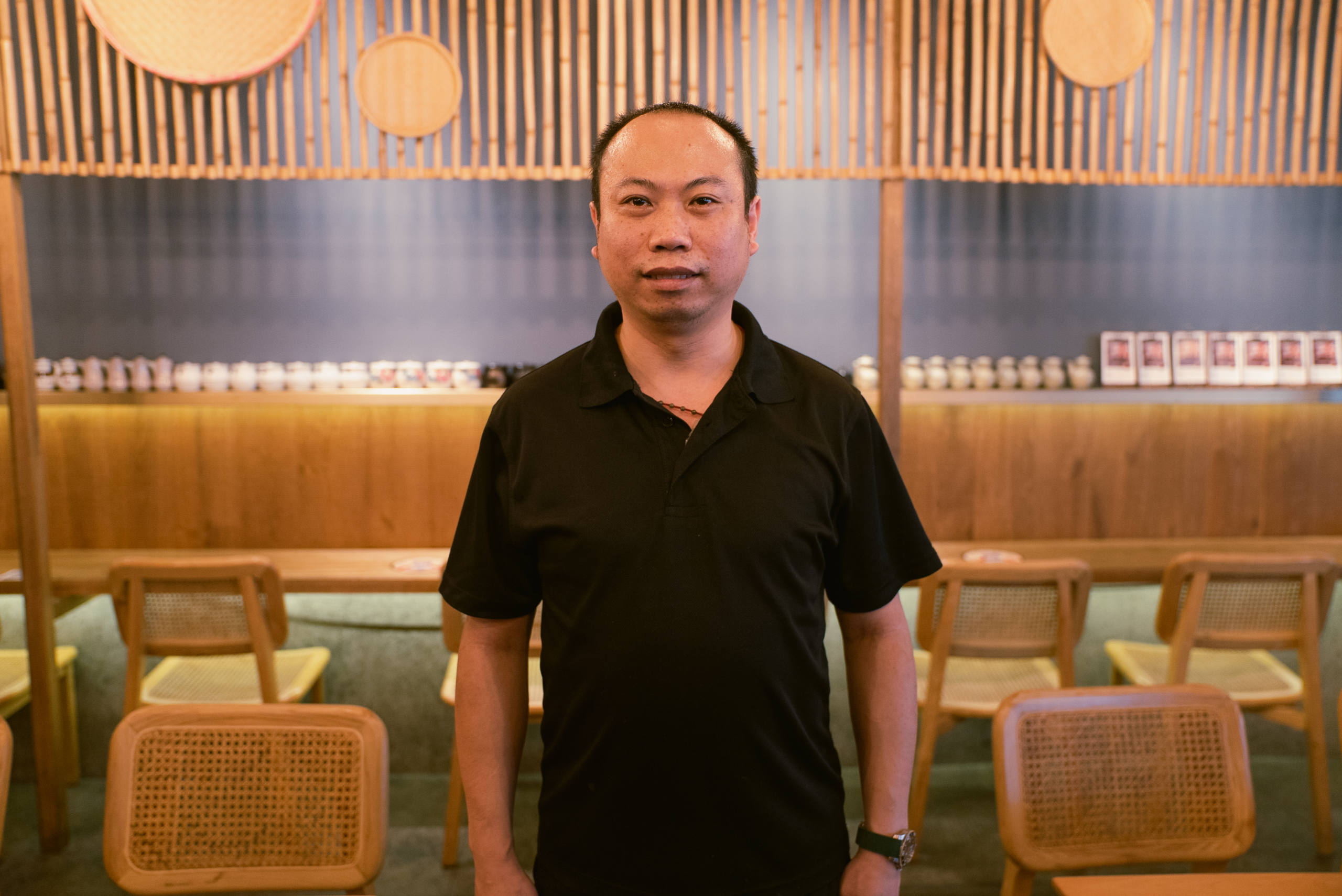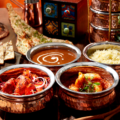What does a bowl of noodles mean to you? To Yu Fei, Head Chef of Chuan Hung Noodle, every bowl that he serves represents his unwavering commitment to doing his best. His mission? To bring out the authentic flavours of Sichuanese cuisine. In a way, the restaurant is a cumulation of his sacrifices in this gruelling process.
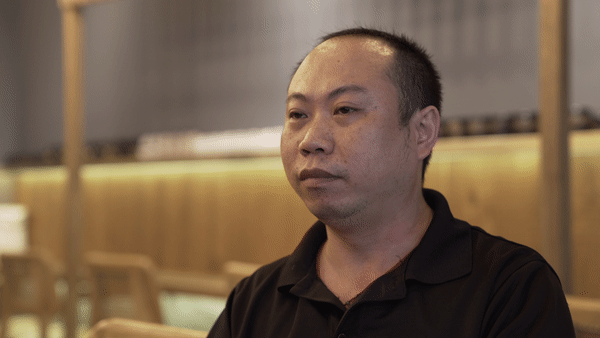
We arrive at the store, which is tucked in a side alley just off the bustling streets of Telok Ayer. Fun fact: noodle shops in China are usually found in places like this, too! We felt immediately at home as we entered the store, decked in light-coloured wood and bamboo furnishings and bathed with warm lighting.
Sourcing the original Mianyang rice noodle
In Asia, wheat noodles, rice noodles, and glass noodles are the three main varieties that are eaten. Chef Yu Fei brings the Mianyang rice noodle to the Chuan Hung kitchen—an integral ingredient to Sichuanese cuisine. The noodles carry an apocryphal story of Liu Bei from the Three Kingdoms. The bowls of thin Mianyang rice noodles, served in a spicy broth, nourished Liu Bei and his troops and moved him. He praised the dish highly. Thereafter, they became essential in noodle shops.
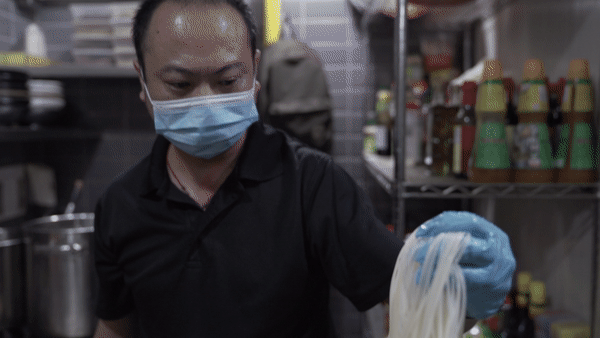
Yu Fei is no stranger to the flavour profiles of his hometown. He specially sourced Chuan Hung’s rice noodle from one particular artisan, who lived in a remote village in Sichuan’s Mianyang prefecture. The process of R&D took even more time. The exact noodles that are used in the restaurant today were perfected—down to the thickness of each strand in millimeters.
Now, the noodles served at Chuan Hung Noodle are custom-made for the restaurant. They can’t be found anywhere else, not in Singapore or South East Asia.
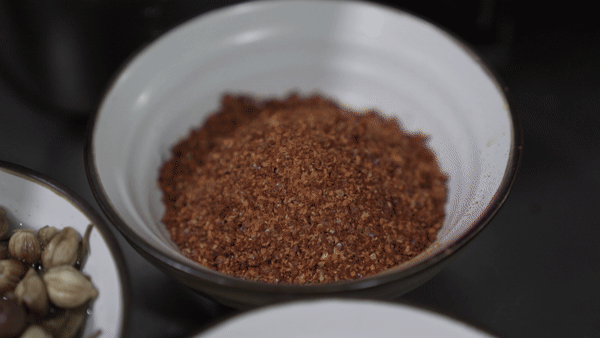
Chuan Hung Noodle’s signatures come with four broth options. You can choose from their clear or red soup, or opt for a uniquely Sichuan mix of the two broths. For the brave, try the fourth: it’s a deceptively clear soup, which is piquantly infused with Sichuan vine pepper.
Behind the kitchen door: The ardous preparation process
As for the cooking process, these broths have to be simmered for a minimum of 48 hours with a myriad of ingredients. Boiled with pig bone, duck, and pork trotter, the broths are rich in collagen and bursting with flavour.
It is a lot of hard work and sacrifice. Chuan Hung Noodle is still a solo shop and we do not have a central kitchen. So we have to prepare the ingredients for the rich broth, braise the beef and so on—all by ourselves.
Yu Fei, Head Chef of Chuan Hung Noodle
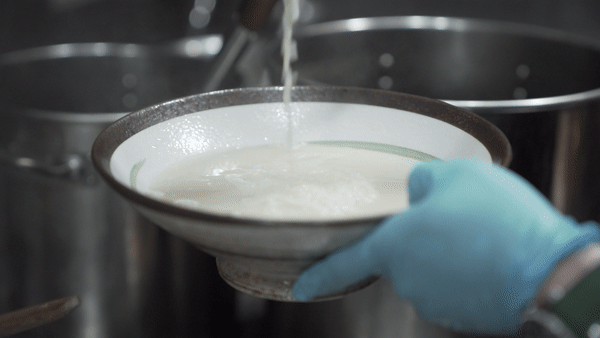
Man on a mission
Yu Fei recounts how he had suffered from a bout of abdominal pain a month ago. Yet, he carried on working. He feared his absence in the kitchen would compromise the flavour, texture, and consistency of the dishes. When asked if he blamed the team for his workload, he smiled and shook his head.
It is my desire to bring such a Sichuan delicacy for Singaporeans to savour the food I grew up with. As long as I have not surrendered or fallen, I will still persevere on daily.
Yu Fei, Head Chef of Chuan Hung Noodle
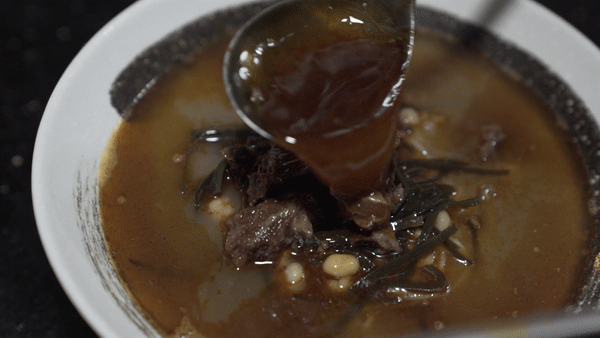
And what’s a trip without trying the acclaimed dishes? We had to have a taste of Chuan Hung Noodle’s highly-recommended Signature Braised Beef Rice Noodle ($13.50). The beef is braised for 48 hours with a mix of curated aromatics. Featuring over 10 different herbs and spices, it was important that this mix brought out the desired flavours. And it definitely has! Upon first bite, the rice noodles held a ‘QQ’ texture. Coupled with the deep flavours of the broth, they’re undeniably addictive.
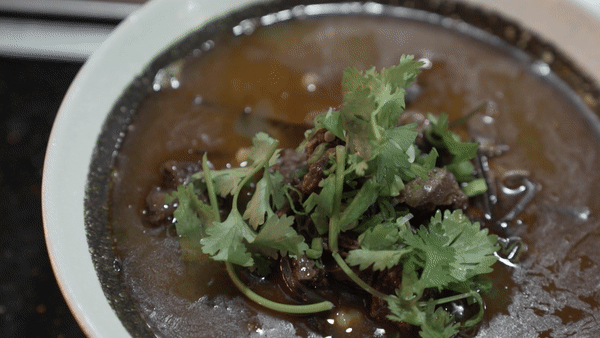
“This is not just another bowl of noodles, it represents my sacrifices and commitment,” says Head Chef Yu Fei.
Now, customers can dine on the noodles that Yu Fei serves wholeheartedly—in the same way that the Sichuanese themselves enjoy their spicy noodles.

